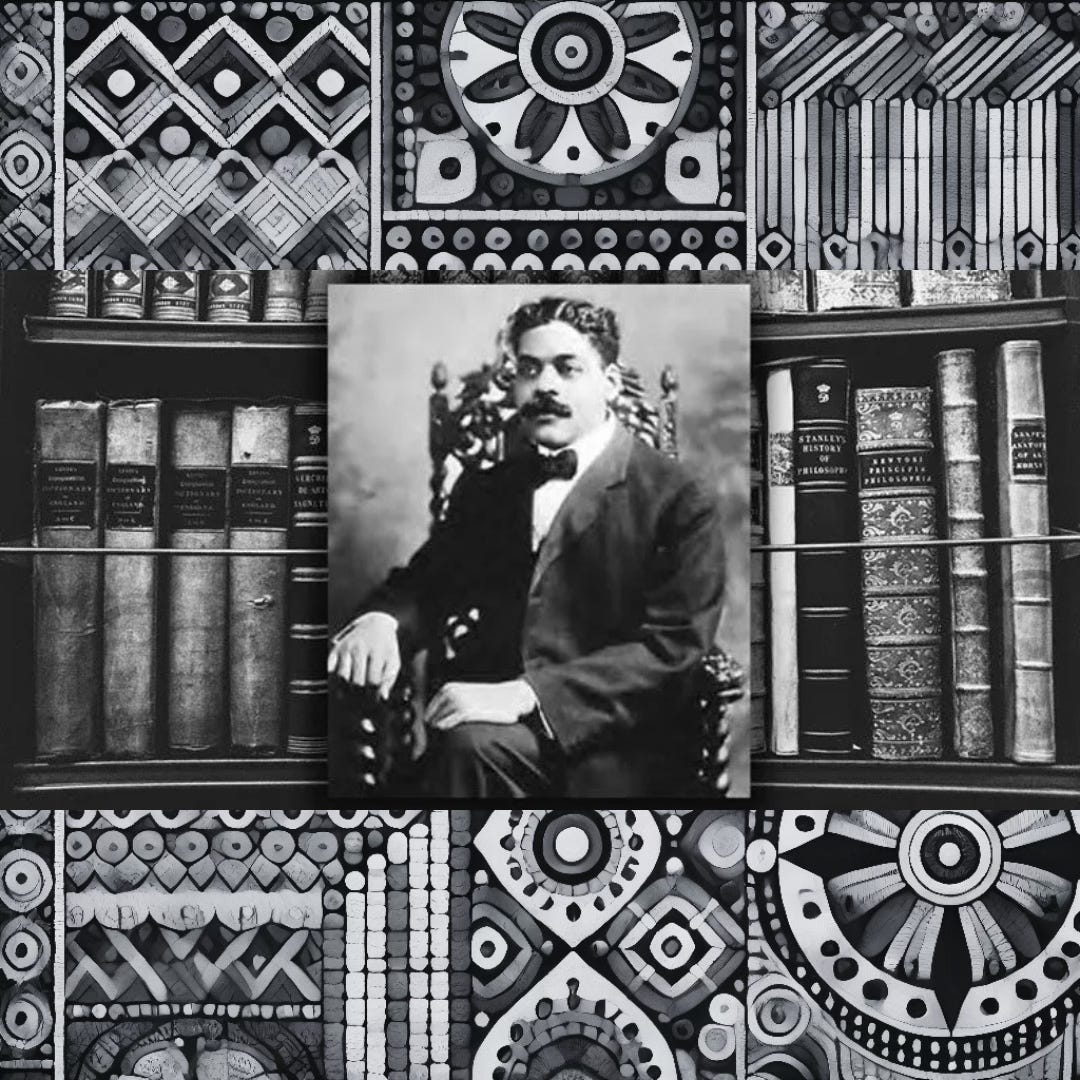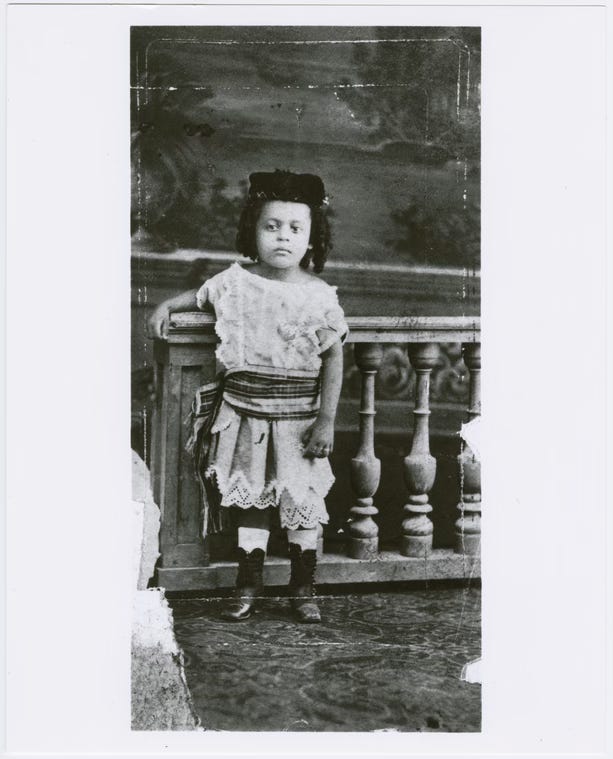This past week marked the 151st birthday of Arturo Alfonso Schomburg, one of the founding fathers of Black History as a concept.
Schomburg was born in Puerto Rico to a mother from Saint Croix (then part of the Danish West Indies colony) and a father of German descent. As a child, one of his teachers dismissed Black history as insignificant, claiming there were no great Black figures or achievements worth remembering. That moment planted a seed of defiance—one that would later drive Schomburg to spend his life proving otherwise.
Schomburg was a good student and moved to New York in 1891 as a teenager. There, he threw himself into the fight for Puerto Rican and Cuban independence, all while juggling various jobs—from teaching Spanish to working as a printer.
By the early 1900s, alongside his professional work, Schomburg had begun publishing in academic journals, determined to document Black history on a broader scale. In 1911, he co-founded the Negro Society for Historical Research with journalist John Edward Bruce, an institution dedicated to supporting Pan-African scholarship.
But Schomburg’s true legacy lies in his tireless mission to collect, document, and preserve Black history. He scoured the world for rare books, manuscripts, artwork, recordings, and historical documents, assembling an immense archive of Black culture—not just from the United States, but from Africa, South America, the Caribbean, and Europe. His work made him a central figure in the Harlem Renaissance, the groundbreaking movement of the 1920s and ’30s that uplifted Black art, music, literature, and scholarship.
In 1926, Schomburg sold his vast personal collection to the New York Public Library. In his honor, the library renamed its Harlem branch the Schomburg Collection of Negro Literature and Art and appointed him as its curator.
With Schomburg’s contribution, the collection became a cornerstone of Black historical research—a space that not only preserved Black heritage but also connected the experiences of Black people across the world.
Further reading: Arthur Alfonso Schomburg, Black Bibliophile & Collector: A Biography by Elinor Des Verney Sinnette (1989), "The Migrations of Arturo Schomburg: On Being Antillano, Negro, and Puerto Rican in New York 1891-1938" by Jesse Hoffnung-Garskof in Journal of American Ethnic History (vol. 21, nr. 1, 2001) and ”Arturo A. Schomburg: His Life and Legacy" by New York Public Library (October 5, 2020)






